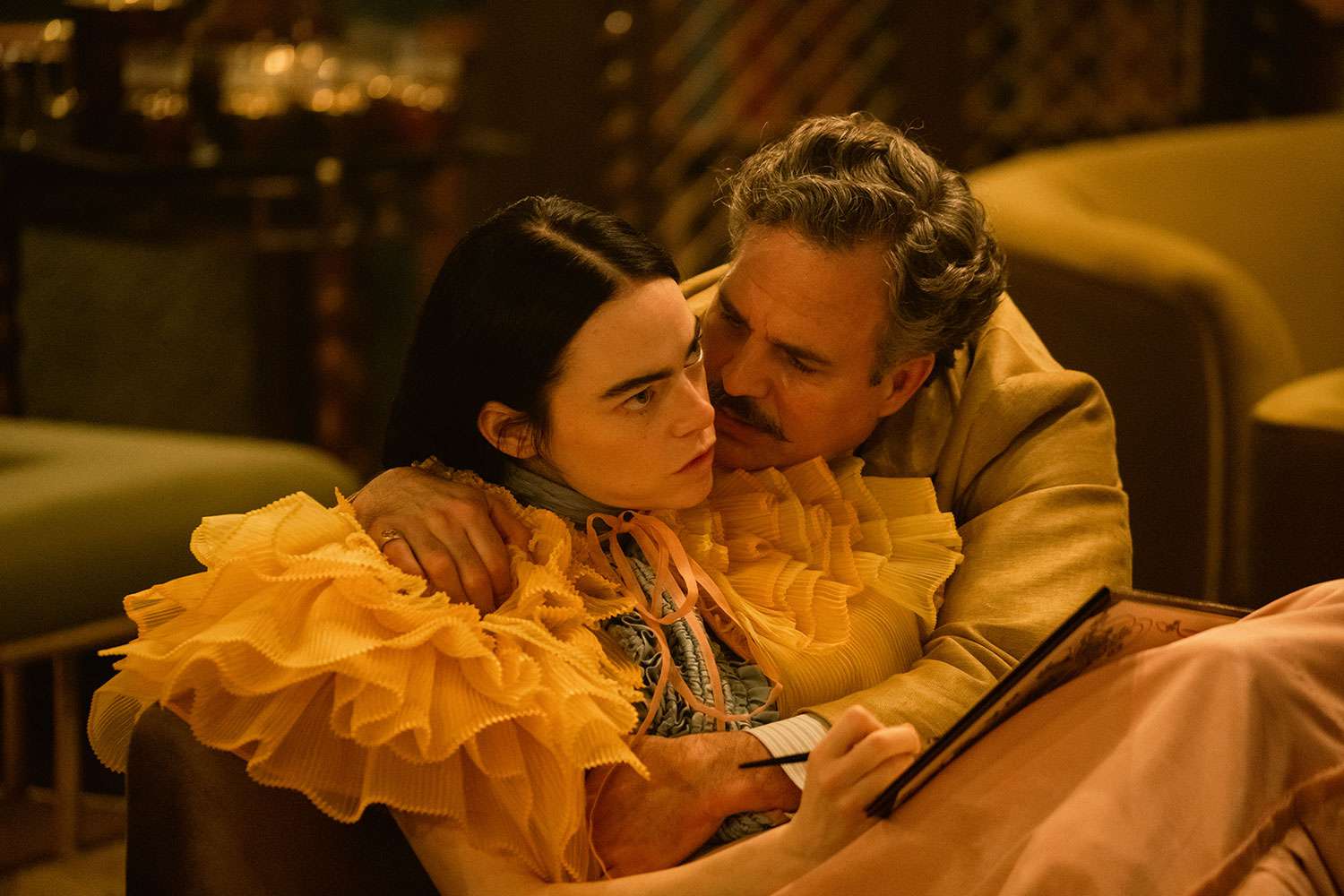“So, does anyone want to stop by CVS?”
That was the first response I heard from a group of seven people and myself following a blind Saturday night viewing of Yorgos Lanthimos’ “Poor Things.” Following his previous critically-acclaimed feature, “The Favourite,” there was certainly a lot of anticipation for Lanthimos’ latest feature film, which contained all the intriguing visuals, storylines and star power you would expect of an 11-count Academy Award nominee. And at first glance, it seemed quite certain that the film would be a strong contender for any one of these awards. But after its near two-and-a-half-hour runtime, you’re left wanting more from the sum of the film’s parts, despite its many strengths.
“Poor Things” is a seemingly liberationist Bildungsroman of sorts that blends elements of Mary Shelley’s “Frankenstein” with that of Greta Gerwig’s “Barbie” and Emerald Fennell’s “Saltburn.” Beginning in Victorian-era London, the film centers around the reanimated woman Bella Baxter (Emma Stone), who is revealed to have received a brain transplant from the child she was found to be carrying after jumping off a bridge. The scarred and troubled surgeon who revived her, Dr. Godwin “God” Baxter (Willem Dafoe) asks a student, Max McCandles (Ramy Youssef), to assist with containing her as her mind rapidly develops. At first, Bella is fascinated by smashing plates and assaulting newborns, but later embarks on a voyage of full-on self-pleasure and discovery of the wider world. She’s aided by the lascivious and pompous lawyer Duncan Wedderburn (Mark Ruffalo), who seeks to control her just as much as her creator and his protégé.
What follows is a sequence of feasting on oysters and pastries, inebriation and immediate cuts to sequences of sexual activity, or as Bella prefers to put it, “furious jumping.” But moving past all the steampunk visuals, the quirky Victorian costuming and the transition from black-and-white to oversaturated color, you start to notice that despite there being clearly highlighted societal ills, the film does not posit any kind of resolution for them.
All the exposure and discovery merely serves as a tool to influence Bella’s character development as she continues her sex-focused odyssey. One starts to wonder what sort of point the film is making to the audience, if it is purporting to make any point at all. It feels as if the story is being opened up to the audience as some sort of intellectual exercise, which seems to me like a lazy choice.
Then there’s the acting: only a few performances are really worth mentioning as I felt that many of the cast members did not mesh well together. Stone is in an entirely different realm than in her previous stint with Lanthimos in “The Favourite,” yet delivers the same comedic timing that is recurring in his work. She showcases the mental development of a woman unlike any other, who despite her uncouth beginnings, learns to seek agency with clarity and class. Ruffalo’s attempted comedic interpretation of the disreputable and arrogant Duncan lacks the same bite Stone delivers, but still rouses some chuckles nonetheless. But the true gems are found in the film’s later arrivals of Kathryn Hunter and Christopher Abbott, each of whom have characters whose eccentricities, wit and unsettling menace help keep your attention afloat during the last minutes of the film.
“Poor Things” is one of the more arthouse-adjacent features I have had the opportunity to see this year. It’s a twisted yet comical story about a woman whose journey could elicit empathy and relatability for some people, all thanks to Stone’s drive to provide in a possibly career-defining performance. But the story does make you wonder if the men who try and fail to keep Bella in line are the “poor things” mentioned in the title, or if the “poor thing” is the viewer, whose only way of processing the 140-minute movie is by pacing the aisles of the convenience store across the street.



